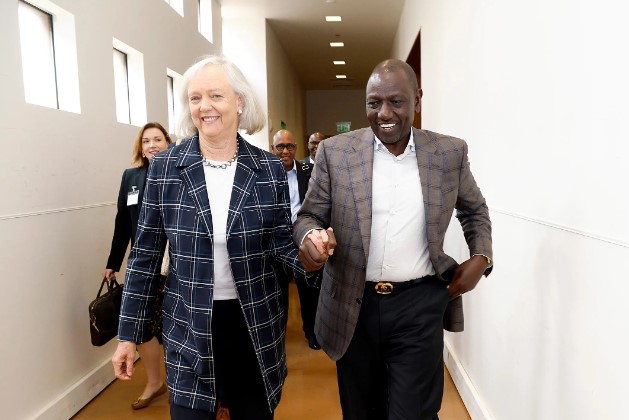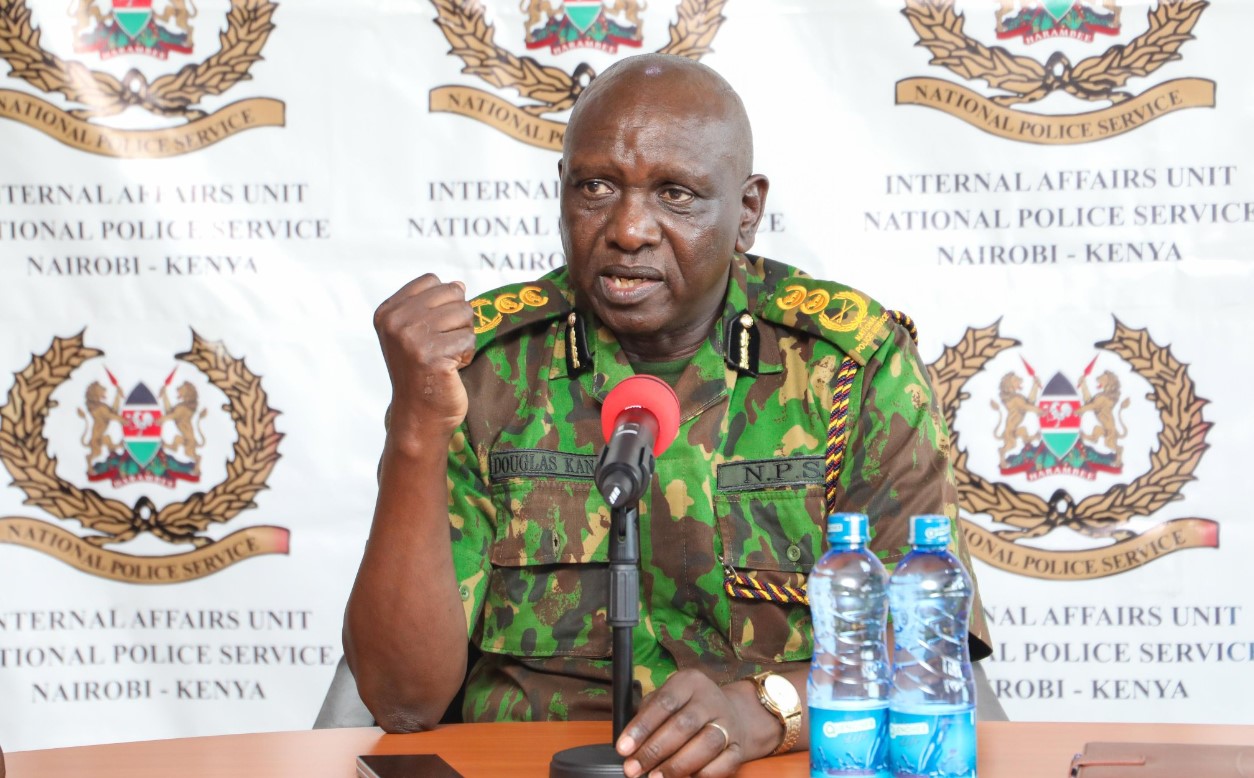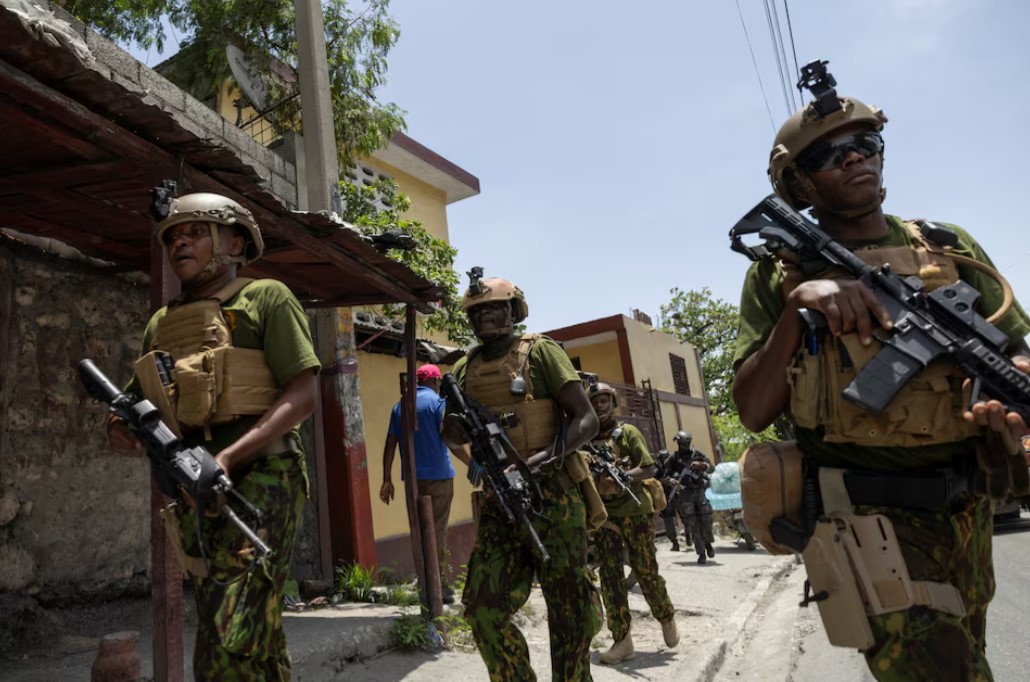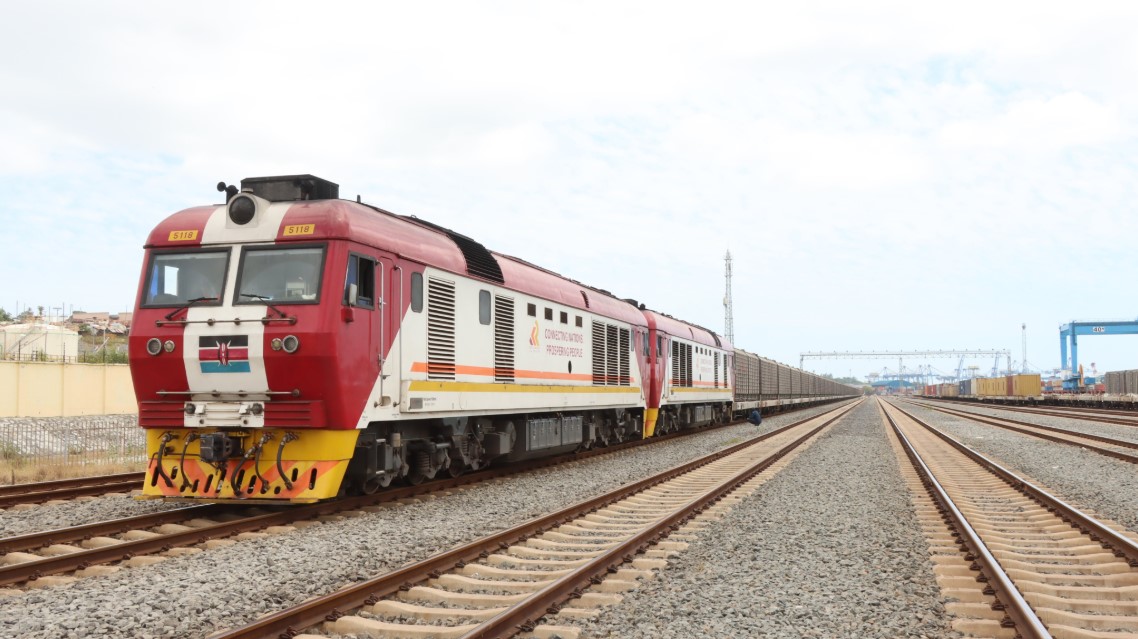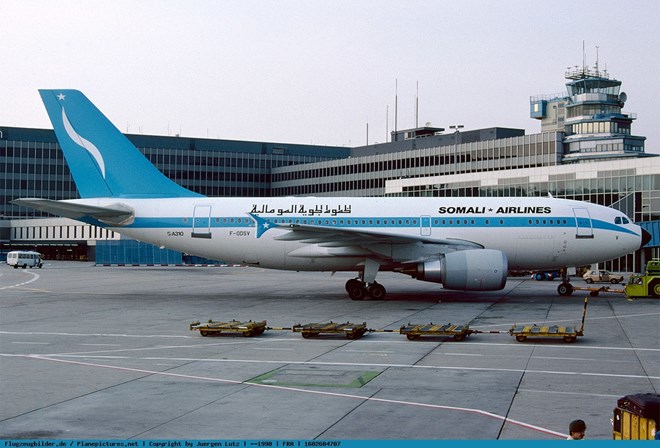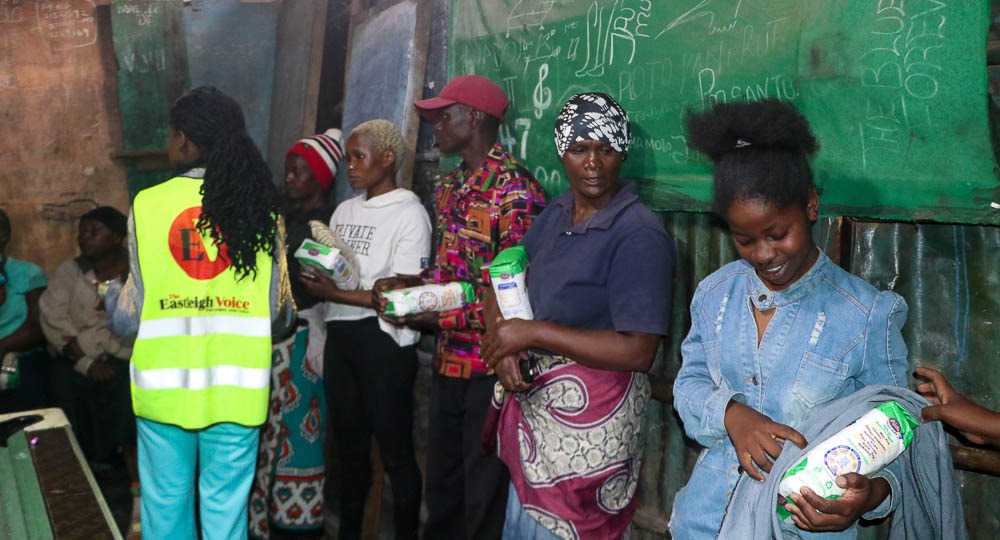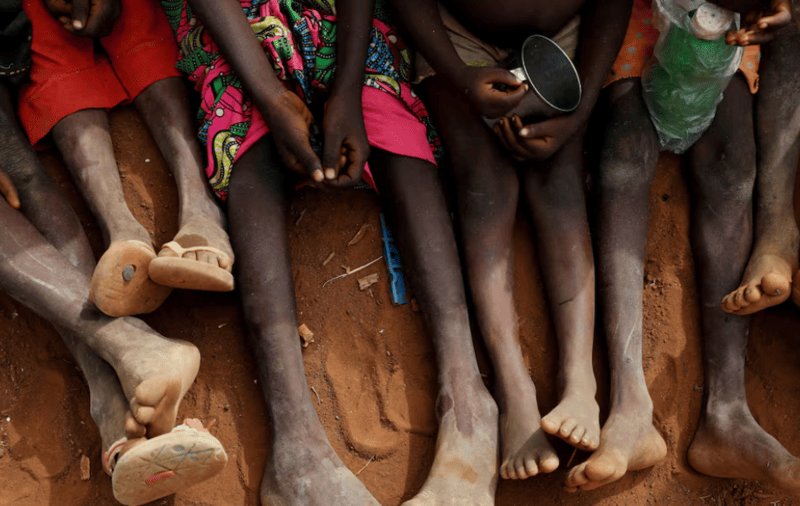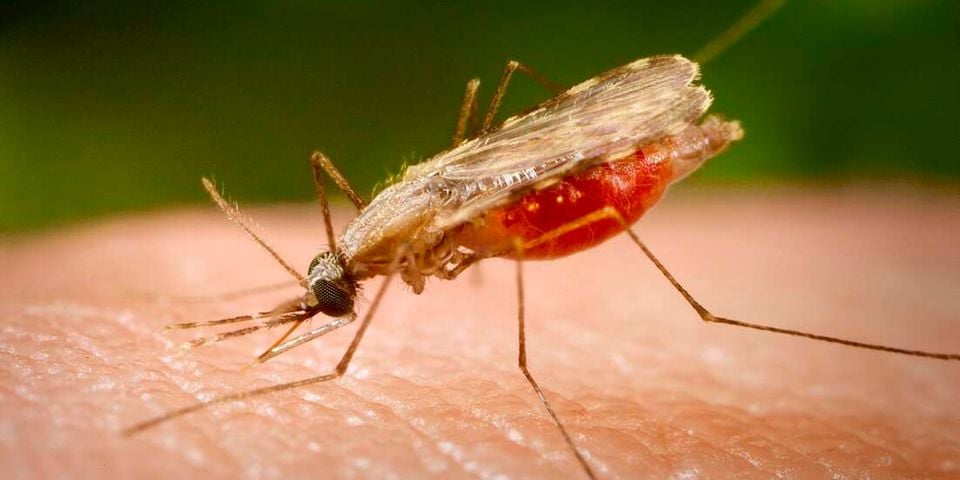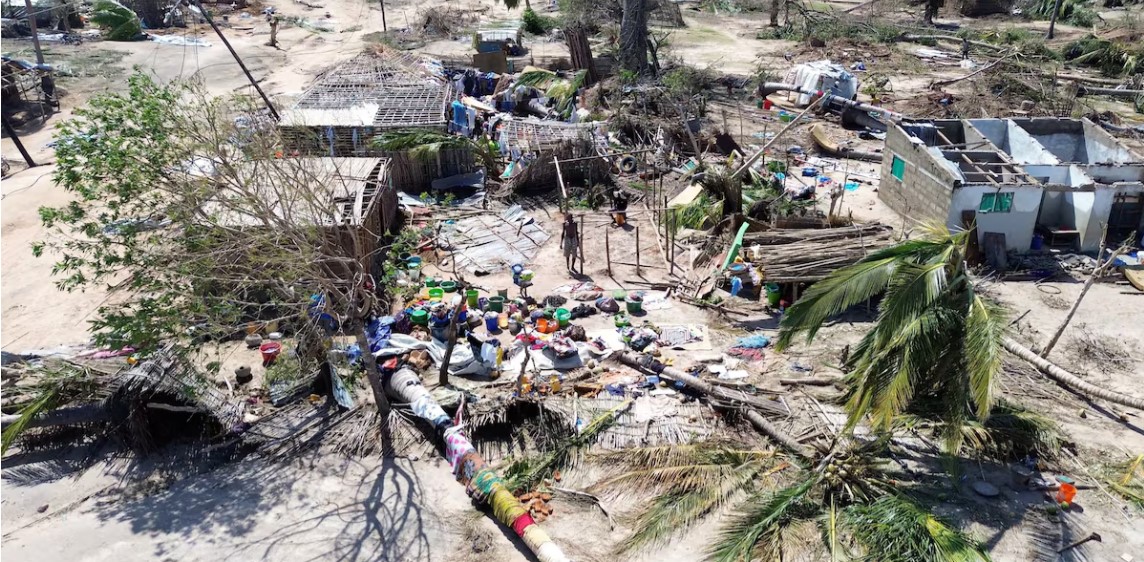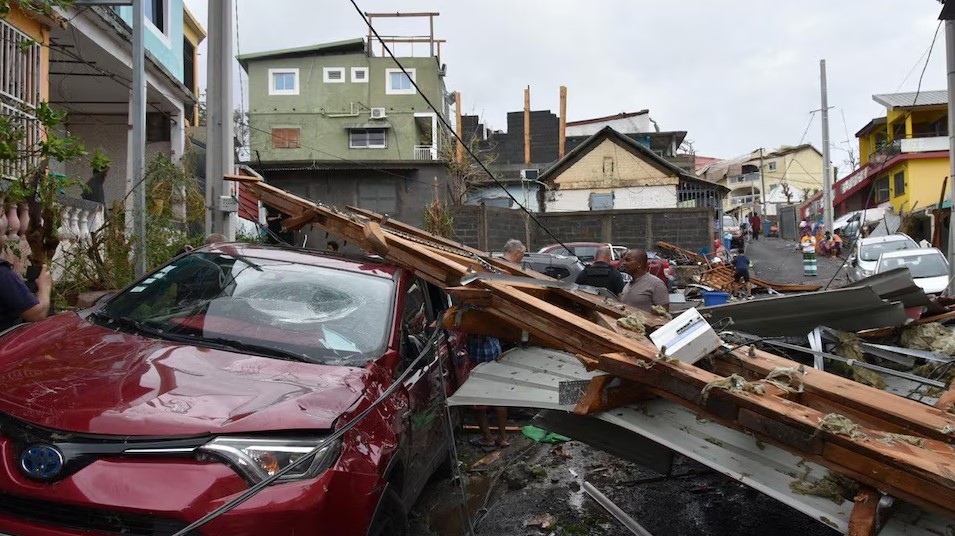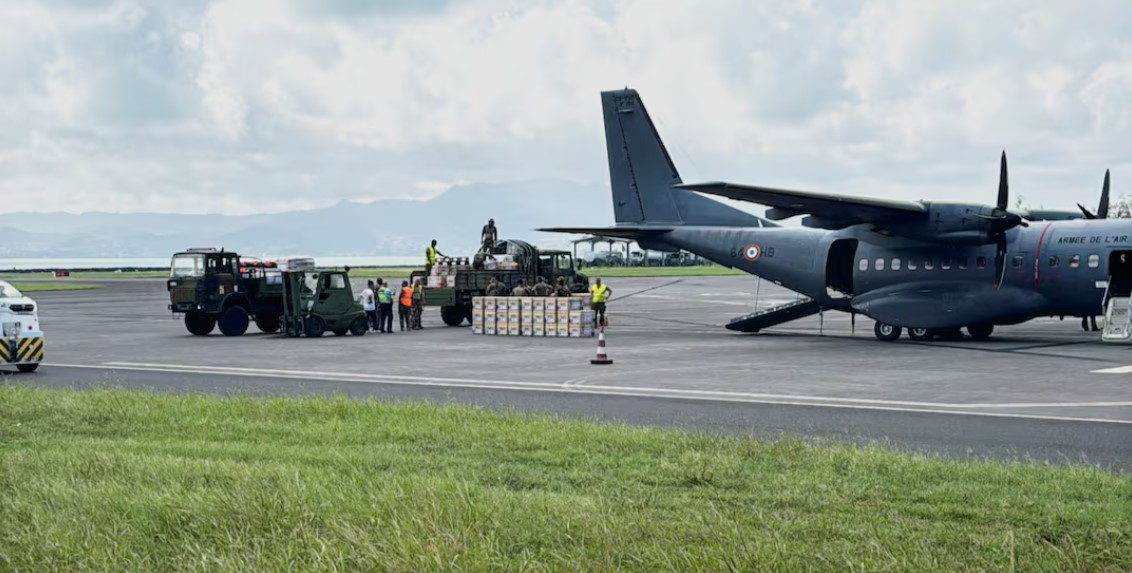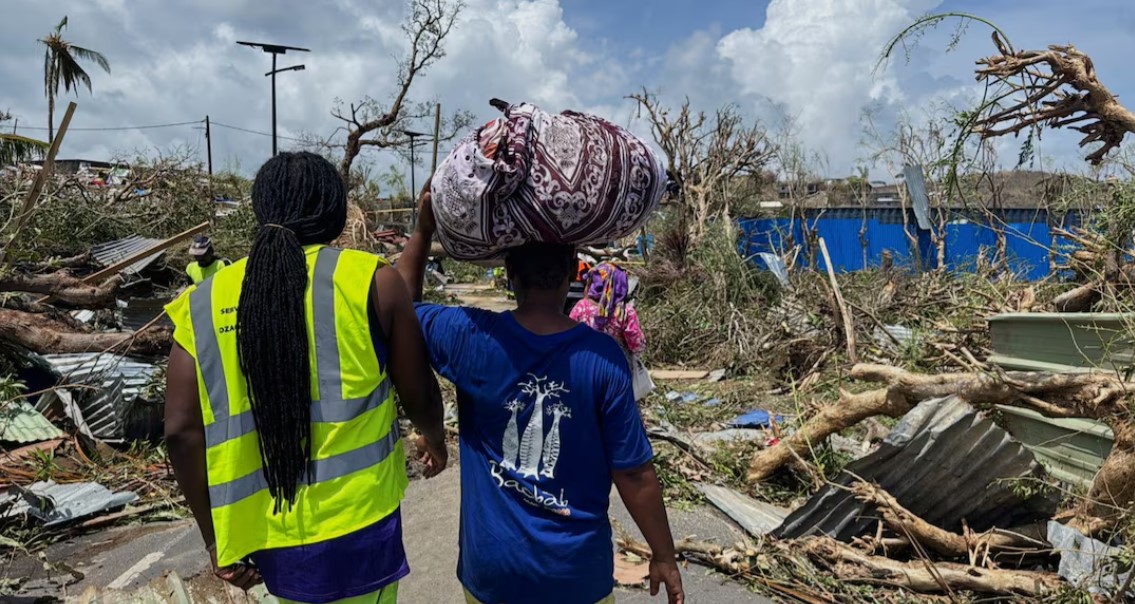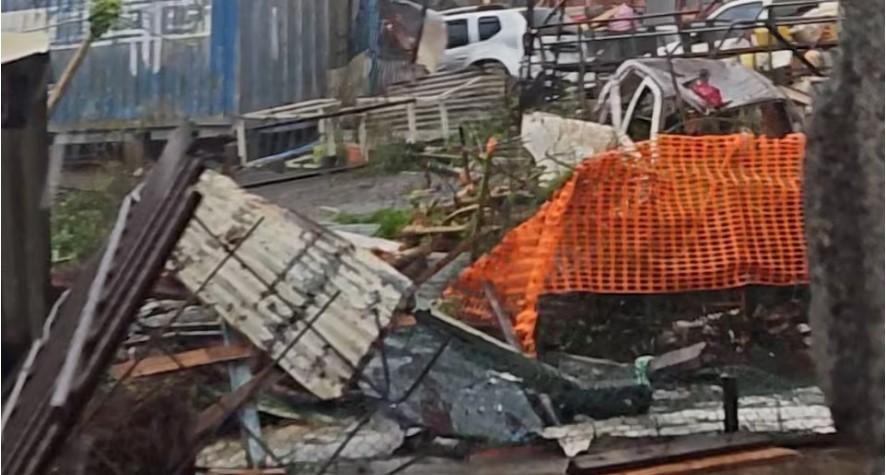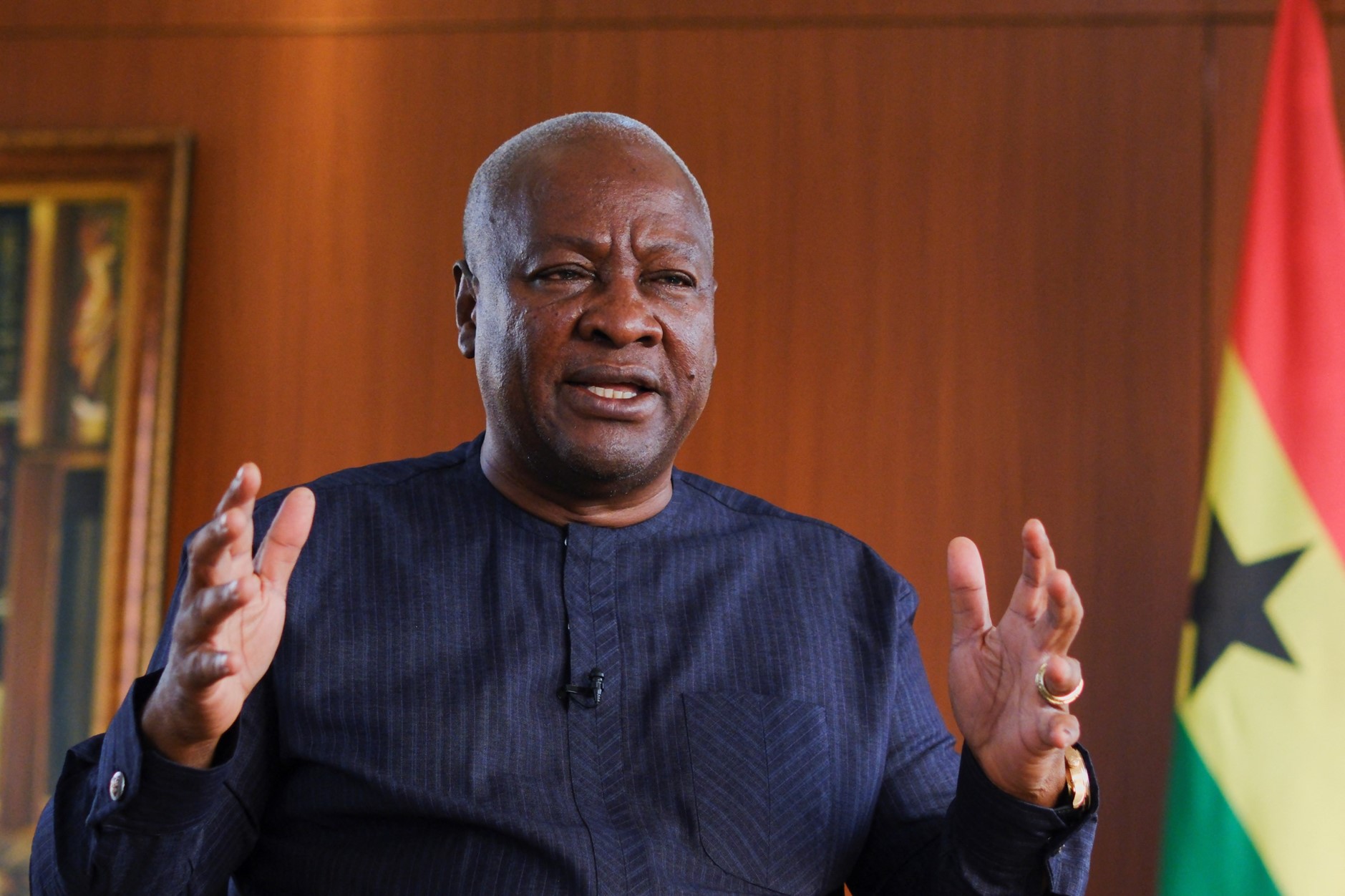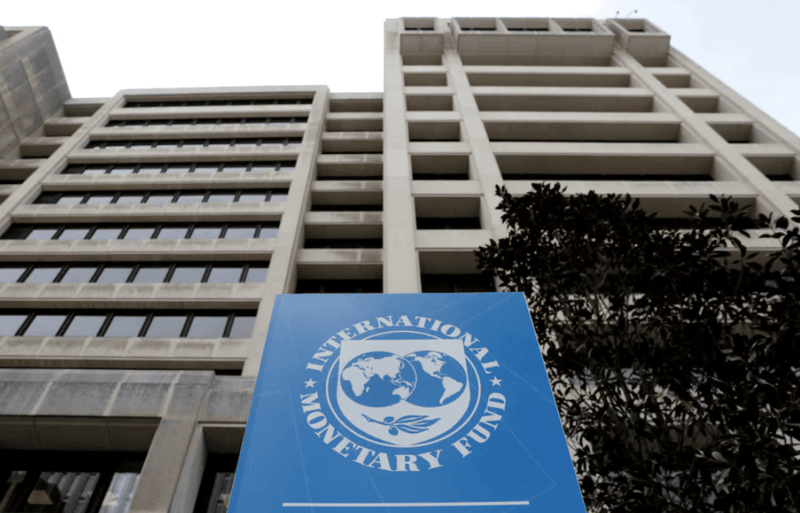Mozambique's post-election unrest to hit economic growth, says IMF official
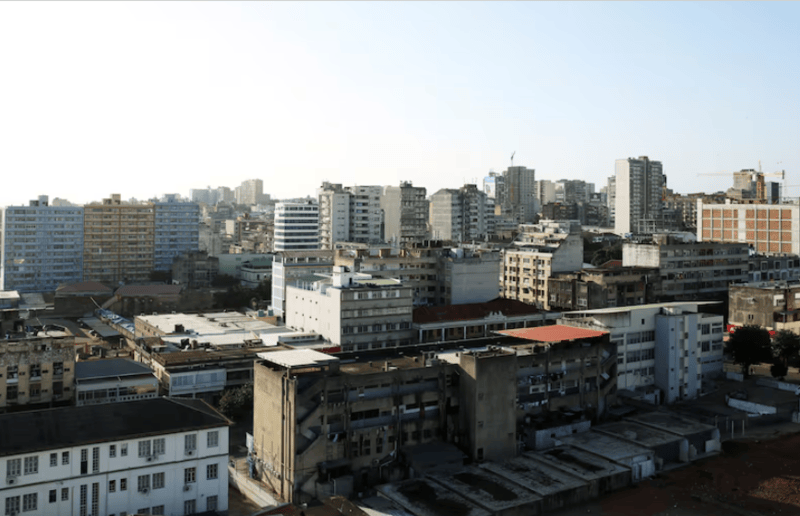
By Reuters |
Cyclone Chido, which made landfall in northern Mozambique over the weekend killing at least 34 people, has also dampened growth prospects.
Mozambique's 2024 economic growth is likely to be revised down from a previous forecast of 4.3% due to post-election civil unrest and the impact of Cyclone Chido, a senior International Monetary Fund (IMF) official said.
In October, Daniel Chapo, the candidate of Mozambique's ruling party Frelimo, was declared winner of the presidential election that opposition parties say was marred by voting irregularities.
Keep reading
The disputed election results sparked protests from opposition supporters and there has been more violence since. The unrest has affected business operations, including for mining companies, and has at times led to the closure of key trade corridors.
Mozambique's Constitutional Council is expected to rule on the validity of the election count on December 23, an outcome civil society organisations and analysts fear may trigger more violence and economic disruption if Frelimo's victory is upheld.
"Growth went from 4.5% in the second quarter to 3.7% in the third quarter, before the protests started," Olamide Harrison, the IMF's Mozambique resident representative, told Reuters.
"In the context of protests, and natural disasters, we expect a further slowdown in the fourth quarter followed by a modest rebound in 2025," he said.
Harrison said the IMF deeply regretted the loss of lives during the protests, adding that it was a "difficult situation" the lender was closely monitoring.
Cyclone Chido, which made landfall in northern Mozambique over the weekend killing at least 34 people, has also dampened growth prospects, he said.
Harrison said negotiations for a three-year credit facility programme between the IMF and Mozambican authorities will resume once a political transition is complete.
"We wait until the new government is in place and then we resume negotiations," he said of a process typically followed when there is a political transition during an ongoing IMF lending arrangement.
Reader comments
Follow Us and Stay Connected!
We'd love for you to join our community and stay updated with our latest stories and updates. Follow us on our social media channels and be part of the conversation!
Let's stay connected and keep the dialogue going!

